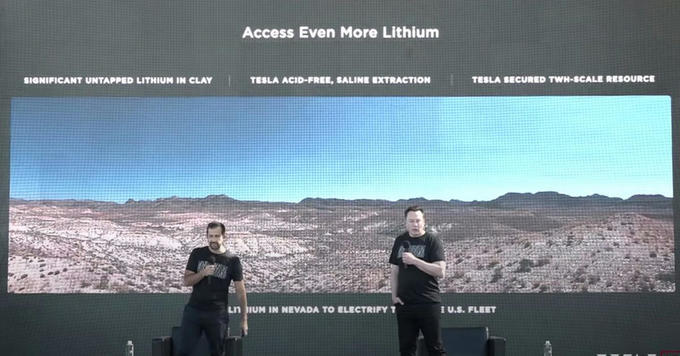
Tesla released interesting and rare details about its approach to sourcing lithium, nickel, and cobalt directly from mines instead of through its cell suppliers. This approach is going to be critical as companies fight to secure those minerals for battery production to support electric vehicle growth.
While Tesla sources the vast majority of its battery cells from suppliers, it actually sources a large part of the materials used to build those batteries directly from mines.
This approach enables Tesla to have direct relationships with miners of critical minerals and helps secure supply while allowing the company to monitor quality closely and ensure responsible environmental and social sourcing.

Read more...
About the Author

EcoVadis is a purpose-driven company whose mission is to provide the world's most trusted business sustainability ratings. Businesses of all sizes rely on EcoVadis’ expert intelligence and evidence-based ratings to manage risk and compliance, drive decarbonization, and improve the sustainability performance of their business and value chain. Its AI-powered risk mapping, actionable scorecards, benchmarks, carbon action tools, and insights guide a resilience and improvement journey for environmental, social and ethical practices across 200 industry categories and 175 countries.
Follow on Linkedin
Visit Website
More Content by EcoVadis EN
Follow on Twitter Follow on Linkedin Visit Website More Content by EcoVadis EN
























